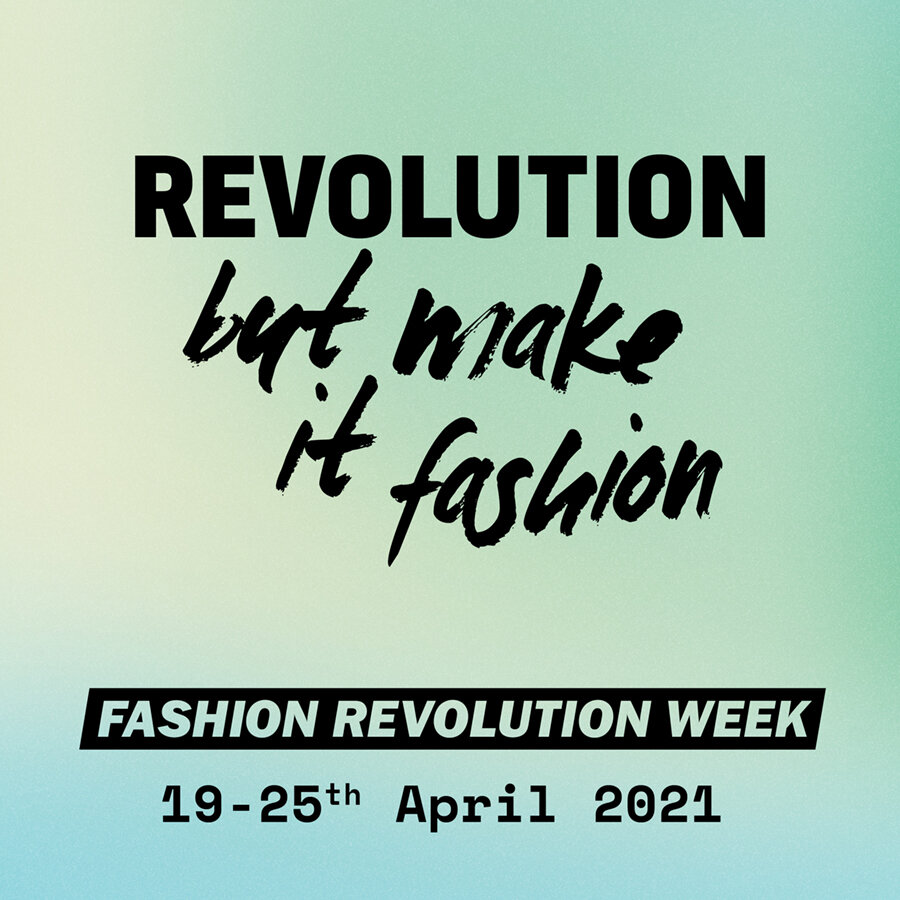What is Fashion Revolution week about?
Last week social media was covered by the Fashion Revolution Week campaign established by the Fashion Revolution Foundation. The purpose with the campaign is to create a better fashion industry for workers and the environment. The campaign is taking place on the anniversary of the tragic event of Rana Plaza factory which, when collapsed the 24th of April in 2013 killed 1138 people. The factory, in Dhaka, Bangladesh, also had more than 2500 people injured and is considered to be one of the deadliest structural failure in modern history. Before it collapsed cracks had appeared on the building and due to warnings, the bank and the stores at the lower floors, decided to close, while the garment workers were insisted to return to work the day after. In morning mid-rush the building collapsed. The greed and lack of judgement lead to the death of more than thousand garment workers.
The event lead to a global discussion about the poor working conditions of some of the lowest paid jobs in the world. Most of the garment workers are women and children, and their unsafe daily working environment was portrayed on media. Unfortunately, this tragedy was not enough to put an end to poor working conditions for garment workers or other unsafe jobs. No less than 109 accidents have occurred since. Where, at least 35 were textile factory incidents in which 491 workers were injured and 27 lost their lives in Bangladesh. And of course there has been initiatives to improve safety which several western brands have signed and pledge too. However, inspections are few, unions are still not safely present and there are many factories that don’t deliver to the large western brands (meaning less pressure for ethical standards from buying company/partner). Brands are also sending contradictory messages, wanting safety but at the same time lower prices. Even if Bangladesh is increasing the working standards of garment workers, it is not much of help if brands than chooses to put their production in other countries due to increases in price.
To produce clothes according to workers rights and in an environmentally friendly manner will result in higher production costs. Therefore the fast fashion brands business model can never be sustainable if quality is not increased and quantity decreased. Less garment needs to be produced in a safer and more fair manner.
Fashion Revolution week asks people to use their voice and ask brands about the working conditions. Only 1 of 62 major brands are publishing a full list of their suppliers which has lead to the slow fashion famous hashtag #WhoMadeMyClothes? At Fashion Revolution website you can access a suggestion of letter to email a major brand you know and ask them to publish the list of their suppliers, because transparency is really the key if we want to be able to improve standards and working conditions. You can also visit their YouTube channel to learn more about this year theme: which is the interconnectedness of human rights and nature rights. You can also support the country team, there’s hundreds of them all around the world!
These are the pages for:
For those of you who joined last weeks camping, wonderful and for those of you who now know a little bit more about the camping, we hope you join next year. But remember, to ask who made our clothes and about their working conditions is an everyday battle we will continue until all garments workers have decent working conditions and living wages.





